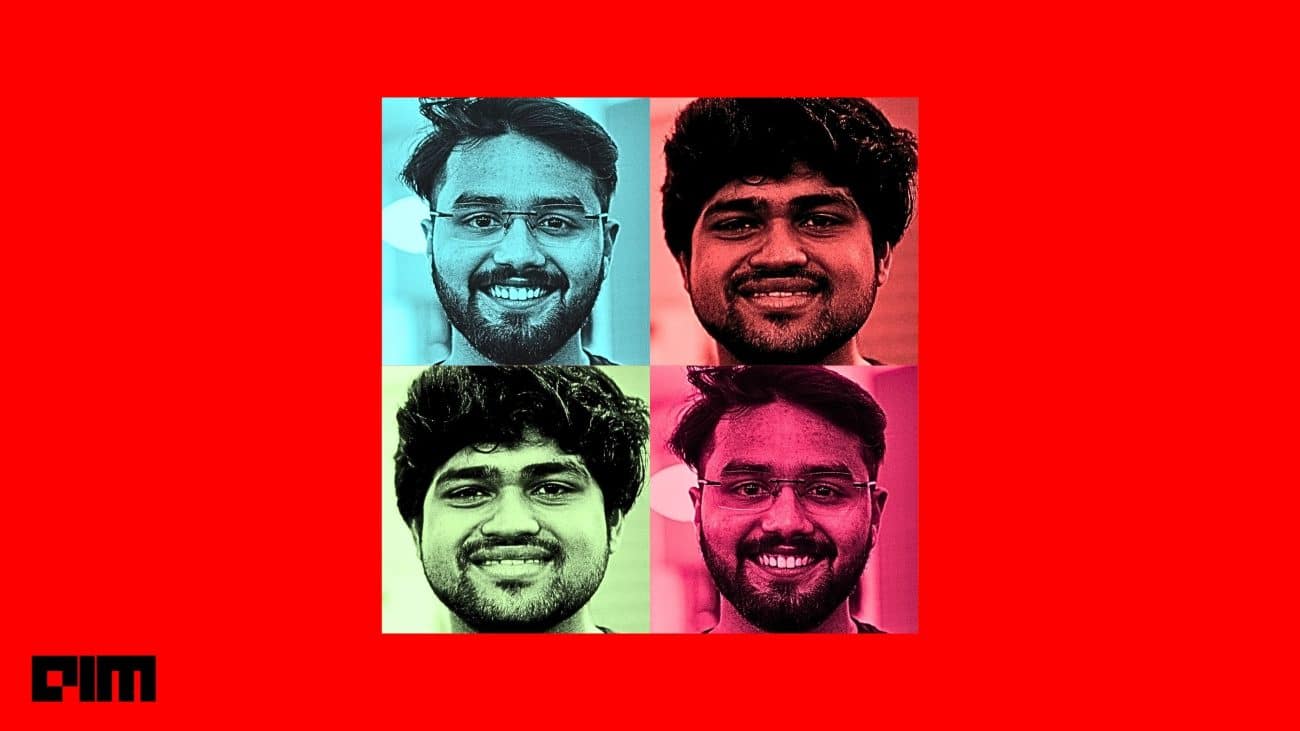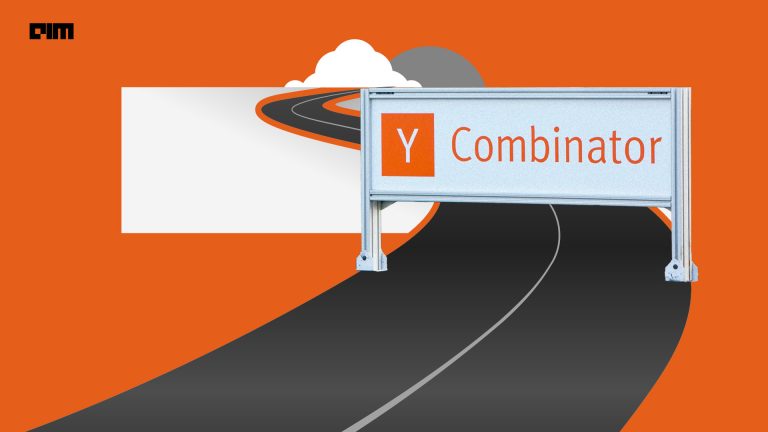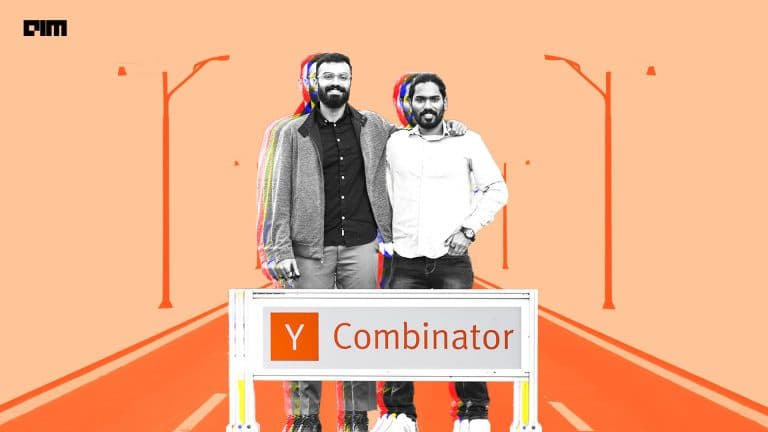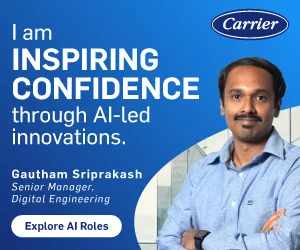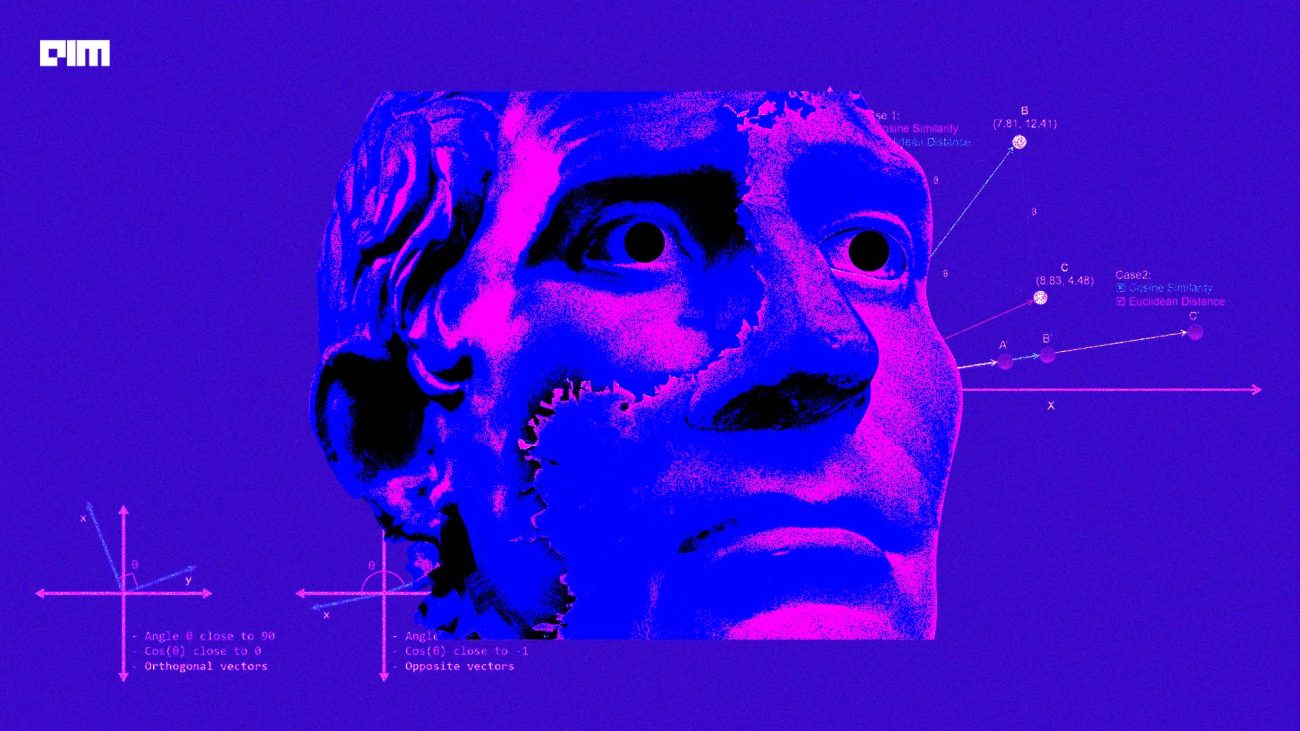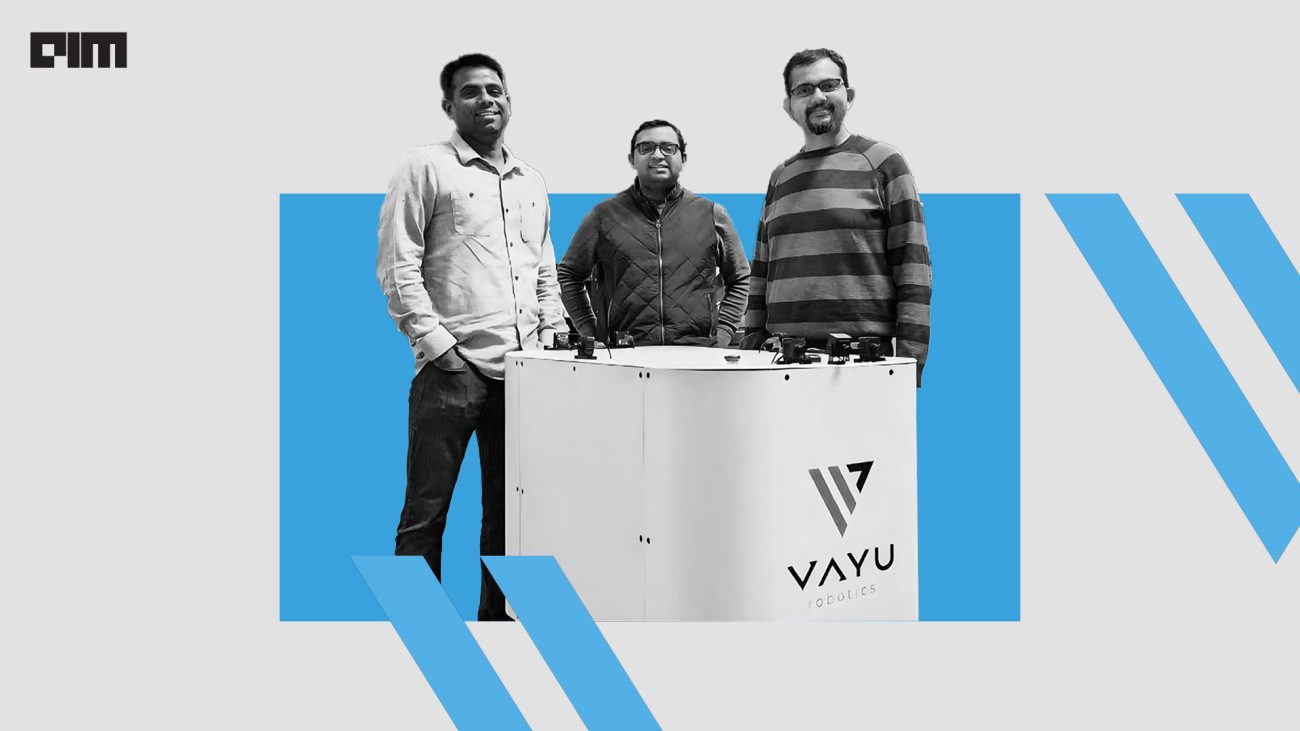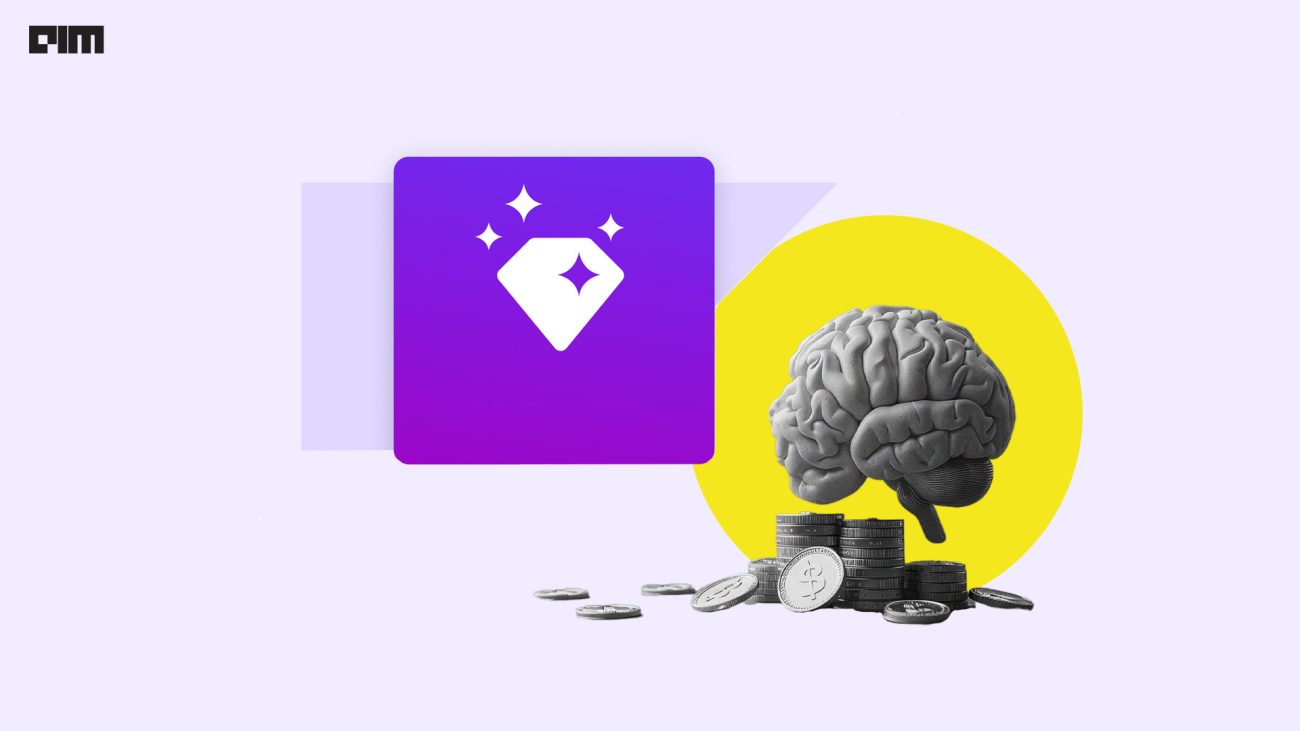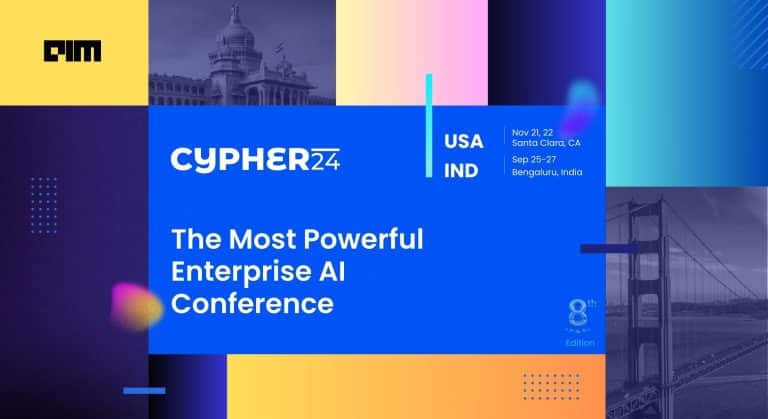|
Listen to this story
|
Getting into YC takes work. Amartya Jha, the co-founder and CEO of CodeAnt AI, narrated in a post how he and his co-founder Chinmay Bharti got rejected the first time because they couldn’t explain their product well to the investors. Despite this and the fear of getting blacklisted, Jha and Bharti made a 45-minute video explaining their product and sent it to YC again.
The following week, they managed to get another interview with YC and were finally selected! But what is so good about what they are building?
“Developers spend 20 to 30% of their time just reviewing someone else’s code. Most of the time, they simply say, ‘It looks good, just merge it,’ without delving deeper,” Jha explained while speaking with AIM. This leads to bugs and security vulnerabilities making their way into production.
With generative AI, coding is undeniably getting easier. At the same time, the quality of code produced by these AI generators is still far from those of the human coders. This makes code review crucial for every organisation and this is where CodeAnt AI comes into the picture.
CodeAnt’s AI-driven code review system can drastically reduce these vulnerabilities by automating the review process and identifying potential issues before they reach the customer.
Founded in October 2023, CodeAnt AI is already making waves in the industry by automating code reviews with AI. The journey began at Entrepreneur First, where Jha met Bharti. The company quickly gained traction, securing a spot in YC by November 2023.
By February 2024, they had launched their first product, attracting major clients like Tata 1mg, India’s largest online pharmacy, and Cipla, one of the country’s biggest pharmaceutical companies. “These companies were amazed that such a solution even existed,” Jha recalled. “And both contracts were paid, not just trials.”
What’s the Moat?
What sets CodeAnt AI apart from other players in the market such as CodeRabbit and SonarSource, which joined the market before CodeAnt, is its unique approach to code review. The company has developed its own dataset of 30,000+ checks, meticulously created to address every possible code commit scenario.
“This is our pure IP,” Jha said. “We wrote our own algorithms to analyse code, understand its flow, and identify areas that need improvement. Our AI, combined with our custom engineering solutions, runs these checks on every code commit, offering unprecedented accuracy.”
The platform also supports more than 30 programming languages.
While competition in the AI-driven code review space is growing, Jha remains confident in CodeAnt AI’s unique value proposition. Its biggest competitor is SonarSoruce, but interestingly, its lead investor is also one of the investors of CodeAnt.
CodeRabbit relies solely on AI, which leads to a lot of hallucinations and false positives. “Our approach, which combines AI with deterministic policies, gives us a significant edge,” said Jha.
“The demand for tools like ours is only going to grow as AI-generated code becomes more prevalent,” Jha added that tools like GitHub Copilot or Cursor are far from generating accurate code anytime soon.
Jha further elaborated on the limitations of competitors that use AI exclusively. When developers give a large codebase to AI, it tends to hallucinate.
To mitigate this, CodeAnt built a foundation of hard-coded checks, which are further enhanced by AI. This reduces false positives and ensures that the code is not only correct but also secure and compliant with industry standards.
Stands Out with Customisation
One of CodeAnt AI’s standout features is its ability to allow enterprises to input their own data and create custom policies. “For example, Tata 1mg has written hundreds of custom policies on our platform. Before CodeAnt AI, they would have had to build a similar platform themselves to enforce these policies,” Jha said, and added that Tata 1mg has written code in Python for the last eight years.
Now, they can simply use CodeAnt platform to ensure that their code complies with their specific guidelines, which is especially valuable for large organisations with complex codebases.
This level of customisation is not only beneficial for code quality but also for compliance with security frameworks. “Imagine a tool that knows exactly how code should be written in your organisation and can flag issues related to SOC 2 compliance, GDPR, or data privacy. It makes the process of maintaining compliance much easier and more efficient,” Jha added.
In the future, Jha will focus on expanding CodeAnt AI’s capabilities, particularly in the areas of security and code quality. “We’re currently working with some of the largest security and backup companies in the world, helping them review their code for vulnerabilities. Our team may be small, but we’re making a big impact,” he said.
Despite its San Francisco roots, CodeAnt AI maintains a strong presence in India, with Jha overseeing operations from Bangalore. The company is poised for further growth, with plans to expand its product offerings and deepen its market presence.
“We are going deeper into security and code quality. We will soon be making announcements about new products and partnerships, so stay tuned,” Jha hinted.



